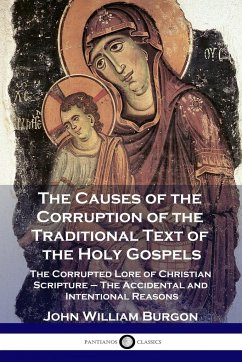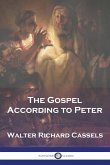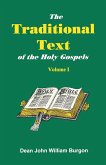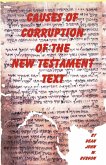The past corruptions of the New Testament Bible lore have complex origins - this investigation considers both the intentional and unintentional causes of corruption in the Gospels. We discover herein the reasons behind the corrupted iterations of the Gospel texts. Many instances were pure accident; a mistranslation or misunderstanding of language, or errors in transcription. Other errors were incrementally increased over time - a small mistake leading to further mistakes, which in the end constitute a major corruption of the meaning of a given Biblical passage. The influence of other, later texts also led transcribers astray, resulting in mostly unintended alterations to the Gospel lore. Certain cases are almost certainly intentional; e.g. the creative alteration of the Gospels, whether it be through addition of words or ideas, or spontaneous editing of passages. There is also the omission of certain passages, be it through lax transcription or otherwise. The author stresses that some cases of intended corruption are the work of heretics maliciously seeking to undermine the teachings of Christ. Learning to recognize and diagnose cases of corruption in the Gospel texts is necessary skill for historians, theologians and scholars of Christianity. John Burgon served as Dean of Chichester Cathedral in England in the 19th century. His scholarship was recognized and much-consulted, and he published several books on Christian subjects.
Bitte wählen Sie Ihr Anliegen aus.
Rechnungen
Retourenschein anfordern
Bestellstatus
Storno









